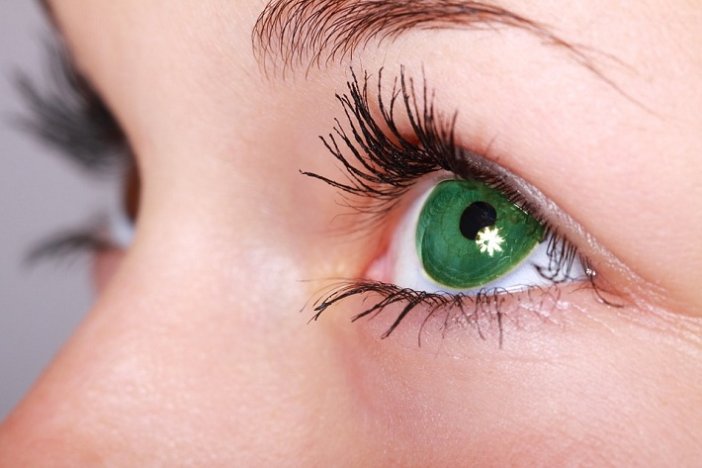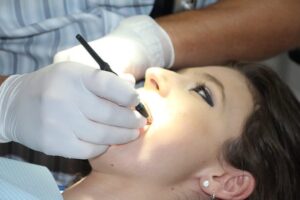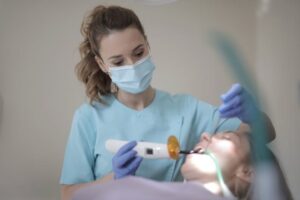A person might see their eye doctor once a year and assume they are doing enough to take care of the eyes. They take these organs for granted and shouldn’t. People of all ages need to take steps to care for this sense organ. Many people remain unaware of the following tips. Now is the perfect time to become educated, as your eye health should never be neglected.

Table of Contents
Avoid Rubbing the Eyes
People don’t realize how often they touch their faces or rub their eyes. However, individuals of all ages do so multiple times a day. The hands carry germs that transfer to the eyes every time they do so, and this can lead to an infection, irritation, and more. If something does get into the eye, Art of Optiks recommends washing it out with cold water or an eyewash. Blinking also helps to remove foreign substances from the eye. Rubbing the eye can actually scratch the cornea if there is a foreign object present. Even a speck of dust can scratch the cornea under the right conditions.
Stop Smoking
Smoking increases a person’s risk of several eye diseases, including cataracts and age-related macular degeneration. In addition, tobacco use may harm the optic nerve or bring about severe dry eye. A person who smokes is more likely to develop glaucoma, and pregnant women should quit smoking to avoid damaging their baby’s eyes. Children of mothers who smoke are at higher risk of bacterial meningitis, which can lead to vision problems, or retinopathy of prematurity, which can result in vision loss or blindness.
Wear Sunglasses
Exposure to UV rays increases a person’s risk of eye diseases, such as age-related macular degeneration. In addition, regular exposure to sunlight may bring about early cataracts. Under certain circumstances, a person might find they have a corneal sunburn or photokeratitis. Wear sunglasses whenever you are outdoors and put on a hat or visor when you will be at the beach or on the ski slopes for several hours. The hat or visor provides an extra layer of protection for the eyes.
Balanced Diet
A balanced diet promotes eye health. Eat plenty of fruit and colorful vegetables, as they come packed with antioxidants. In addition, consume foods high in omega-3 fatty acids to lower the risk of macular degeneration as you age. People often hear carrots are good for the eyes, and they actually are. These vegetables are rich in vitamin A, a substance shown to support a person’s vision. This vitamin boosts the natural barriers of the body to minimize the risk of any eye infection.
Regular Eye Exams
Regular eye exams are needed for more than prescription glasses or contact lenses. Doctors use this exam to detect any potential problems at an early stage. Glaucoma serves as a good example of an eye condition that can be managed if detected early and treated. Furthermore, optometrists and ophthalmologists may spot signs of other health issues during the exam.
For instance, a person might learn they have a brain tumor following an eye exam if the tumor presses on the optic nerve. The eye doctor St George Utah sees this during the exam and recommends the patient visit their regular medical practitioner. Although this rarely happens, it is only one of many diseases the eye doctor may catch.
Speak to your eye doctor to learn of other ways you may protect your eye health. The doctor knows your medical history and current eye health status. This allows them to make recommendations that will be of most benefit to you, so don’t hesitate to ask.




